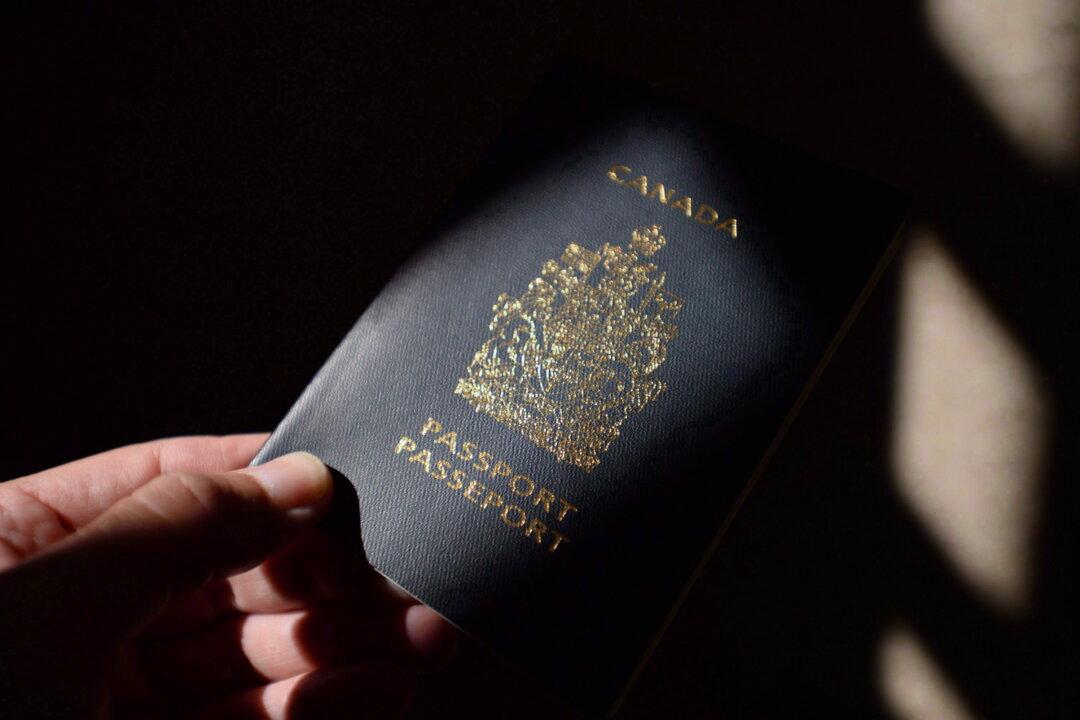An estimated 2,500 cases of suspected “birth tourism” a year are taking place on Canadian soil, according to a report by Immigration, Refugees and Citizenship Canada (IRCC).
The report said the number of estimated deliveries by short-term visitors, i.e. “residual” deliveries, shows a sharp upward trend in recent years, “from around 800 annually in 2010 to around 2,500 in 2017.”





